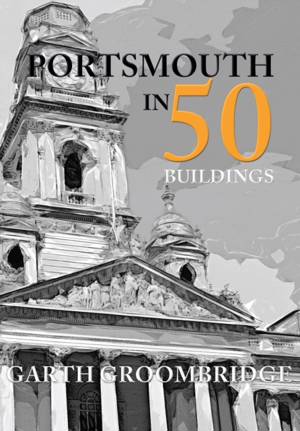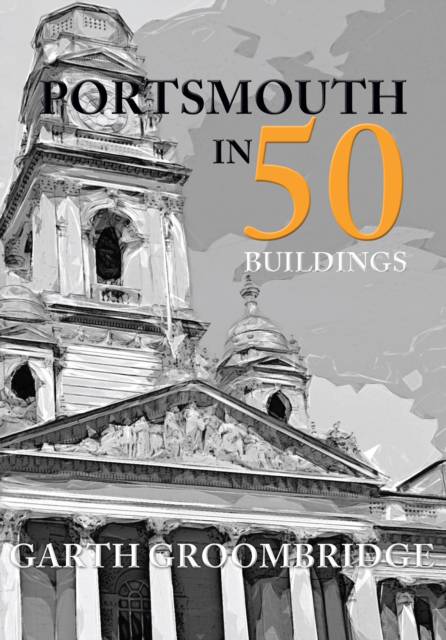
- Retrait gratuit dans votre magasin Club
- 7.000.000 titres dans notre catalogue
- Payer en toute sécurité
- Toujours un magasin près de chez vous
- Retrait gratuit dans votre magasin Club
- 7.000.0000 titres dans notre catalogue
- Payer en toute sécurité
- Toujours un magasin près de chez vous
22,45 €
+ 44 points
Description
The origins of Chichester, Winchester and nearby Portchester are from the Roman era, while Southampton (Hamwic) and Fareham date back to the Anglo-Saxon period, but it was not until the twelfth century that Portsmouth was founded, and, even then, it was not until the time of the Tudor monarchs ‒ notably Henry VIII and Elizabeth I ‒ that it acquired its true role as the home of the Royal Navy. The history of Portsmouth has been essentially military, and inevitably many of the buildings featured here reflect this ‒ directly, as fortifications or former barracks, or indirectly, like Buckingham House or even the Charles Dickens Birthplace Museum. This primary emphasis on defence shaped the town's early history and civic geography. Only with the demise and demolition of the land walls and the loosening of military governance did Portsmouth start to expand, first with the development of Southsea, eventually right across the entirety of Portsea Island and onto the mainland itself. The consequence is a rich and varied architectural and civic history, and a dramatis personae of heroes and villains, cutting-edge military and civic engineers, ambitious property developers and entrepreneurs, a succession of far-sighted local educationists, motivated Catholic and Anglican clergy, at least two of the five world-famous writers, a great maritime artist, innovative architects and town planners, and a twenty-first-century Olympic sportsman. With Portsmouth being at the very heart of the nation's history for over half a millennia, this book has the difficult task of selecting just fifty buildings from so many, to try and chronicle the astonishing diversity and energy of this great enduring city.
Spécifications
Parties prenantes
- Auteur(s) :
- Editeur:
Contenu
- Nombre de pages :
- 96
- Langue:
- Anglais
- Collection :
Caractéristiques
- EAN:
- 9781445664064
- Date de parution :
- 15-06-17
- Format:
- Livre broché
- Format numérique:
- Trade paperback (VS)
- Dimensions :
- 165 mm x 234 mm
- Poids :
- 285 g

Les avis
Nous publions uniquement les avis qui respectent les conditions requises. Consultez nos conditions pour les avis.






